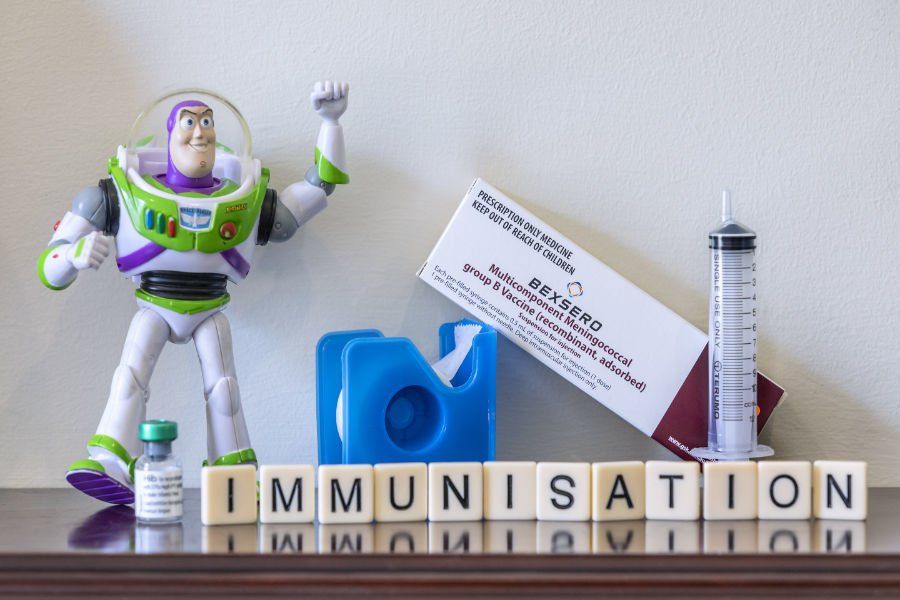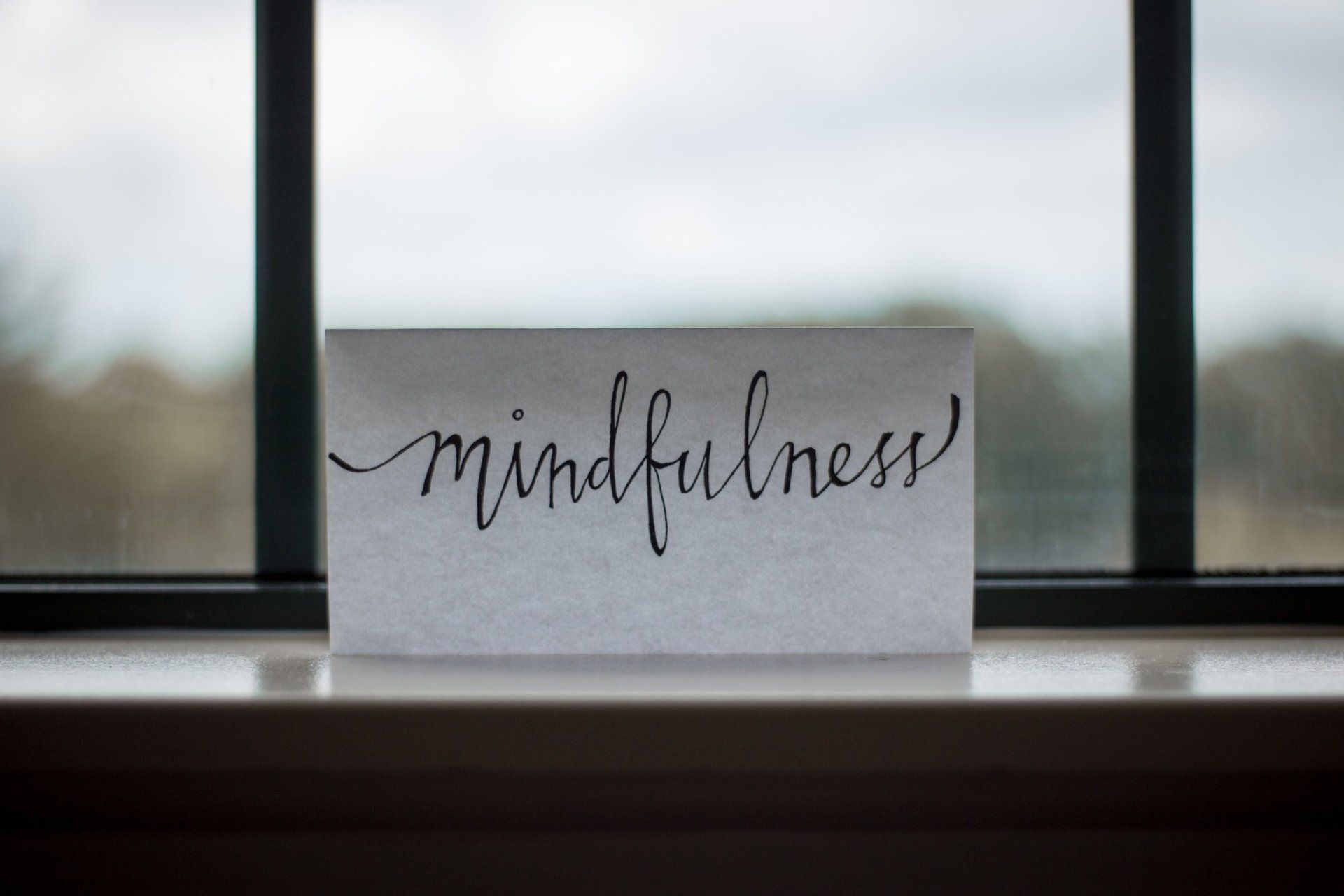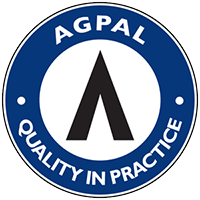How do I deal with my toddler's fussy eating?
Is it normal for a toddler to be a fussy eater?
By Melbourne Dietitian, Nicole Bando

As a children's dietitian, this is a commonly asked question. Many parents feel concerned about the variety and quantity of food their toddler eats. A fussy eater is defined as a child who refuses to try a new food at least 50% of the time. Fussy eating behaviours in the second year of life are normal and part of how your child expresses their new found independence whilst exploring the world around them. It is normal for children to be uncertain of new tastes and textures; an evolutionary mechanism designed to keep us safe from danger! We have a natural preference for sweeter foods as they are higher in calories, another survival mechanism which no longer serves us.
Establishing healthy habits early in life is important for a child’s optimal growth and development, and reduces the risk of obesity and chronic disease later in life. When a child develops fussy eating behaviours, meal times can become stressful for the whole family. There are many strategies to prevent and manage selective eating habits, making meal times enjoyable once again.
When should I worry about my toddler's eating?
Growth slows during a child’s second year, and so their intake reduces. Many parents worry that their child isn’t eating enough, however may have unrealistic expectations of how much their child needs each day. Toddlers have a small stomach capacity and need to graze frequently throughout the day. Remember that a healthy child will never go hungry, and if energetic and thriving, they are likely eating enough. Seek help from your GP, Maternal Health Nurse or Paediatric Dietitian, if your child is:
- exhibiting extreme fussy eating behaviours and mealtimes are very difficult
- lethargic and lacks energy for daily activities
- appears unwell
- gagging or vomiting often, or has problems with chewing or swallowing
- eating a very limited variety of foods and missing out on entire food groups
- unable to drink from a cup from around 16 months
- rejecting whole food groups or groups of foods of a similar texture
- not growing or developing as expected
How can I encourage my toddler to eat what I offer them?
Are you or any other adults in the house fussy eaters? Research shows that eating meals (as often as possible) demonstrates positive role modelling. If children see their parents eating a variety of foods, they are more likely to learn and copy that behaviour. These times give opportunity to chat, as well as share a meal. Try to cook 1 family meal, so that everyone is eating the same food (may need slight modification for texture), together as often as possible. It doesn’t matter if your child doesn’t want to eat or try everything on the plate. Repeated and exposure of a variety of new foods will help your child to develop healthy habits.
The below strategies can help manage fussy eating behaviours:
- Parents use a consistent approach with all strategies
- Keep calm, avoid a fuss as this gives issue more attention which can lead to a power struggle
- Avoid using punishment or bribes e.g. dessert as reward for eating vegetables
- Minimise distractions: eat at table, away from television, devices or toys.
- The Division of Responsibility: it is the parent’s job to offer a variety of healthy foods at the right times and the child’s role to decide what, and how much to eat.
- Offer foods in different ways e.g. broccoli with melted cheese, or stir-fried to promote enjoyment and acceptance
- Keep meal times to a reasonable time limit and develop a routine around meals.
- A new food may need to be offered up to 15 times before it is accepted. Many parents give up after a few times.
- Harness your toddler’s independence and encourage self-feeding, with a mixture of finger foods and mixed textured foods, requiring a spoon or fork
- Children love helping and can assist with shopping for the family’s food and simple meal preparation.
- Your child’s appetite can vary considerably day-to-day depending on activity and growth. If your child rejects the food offered, avoid offering an alternative, instead reoffer the food at a later stage, perhaps they are just not hungry.
- Sometimes children can be filling up on milk and this takes away their appetite for other foods. They may not be fussy, just full.
- Toddler formula is not necessary in a child’s diet. It displaces food gives preference to sweet tasting drinks. After 12 months, cow’s milk or a suitable dairy alternative can be provided as a drink. Breastfeeding may continue for as long as mother and child are enjoying it.
- Keep high sugar and high fat treat foods to a minimum. These can take place of foods from the other food groups, which means your child does not have the appetite for nutritious foods.
Should I force my toddler to eat?
Forcing a child to eat will create a negative association with food, which can have long-lasting effects, such as poor relationship with food, food aversions and worsening fussy eating behaviours, a high level of stress at mealtimes and reinforcing an idea that healthy foods are bad. It also overrides your child’s own hunger and fullness cues, and this can contribute to weight gain and obesity in later life. Forceful behaviour includes coercion, ‘have one more mouthful’ and negotiation, ‘eat this and you can have dessert’. If your child does not want to eat at a particular time, it can be for a whole range of reasons, so if you feel concerned, see your health professional to discuss. Children are excellent at regulating their own appetites and by using the above strategies, you can help your child to create a healthy relationship with food.







